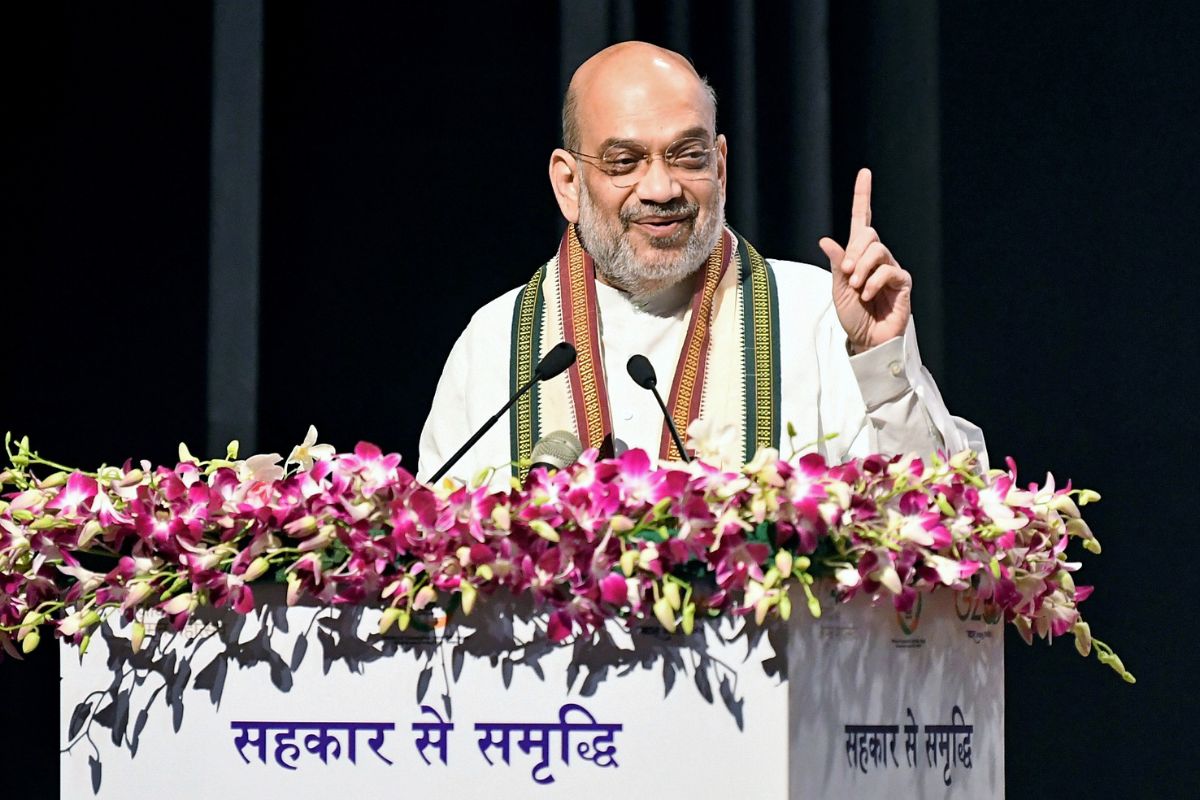Noting that the computerisation of Primary Agricultural Credit Societies (PACS) has opened up many possibilities for their development, Union Home Minister and Minister of Cooperation Amit Shah on Friday said it has been decided that by 2027, there will be a PACS in every village in the country.
Shah, who inaugurated the National Cooperative Database and released the ‘National Cooperative Database 2023: A Report’ here, said, “After this decision, a challenge arose as they were unsure of the gaps and that’s when the idea of this database emerged. The database aims to identify and address the gaps through a comprehensive analysis.”
Advertisement
In his address, Shah said that the National Database will give direction to development of the Cooperative sector like a Compass.
“We have introduced 20 new activities to be associated with PACS, enabling them to generate profits,” he said.
“Prime Minister Narendra Modi has worked to bring revolutionary changes to the rural economy and the lives of common people, lifting 25 crore people above the poverty line in the last 10 years,” the Union Home Minister and Minister of Cooperation said.
In his address, Shah mentioned that the Ministry of Cooperation is actively working to connect millions of people with the country’s economy and development.
The Union Home Minister and Minister of Cooperation emphasised that the cooperative database will play a crucial role in the expansion of cooperatives, digital development, and delivery through databases.
He explained that data works to guide development in the right direction and will be highly effective in analyzing gaps.
“We are experiencing a new trend in this era – data governance, proactive governance, and anticipatory governance. The synergy of these three leads to the establishment of a new development model,” Shah added.









